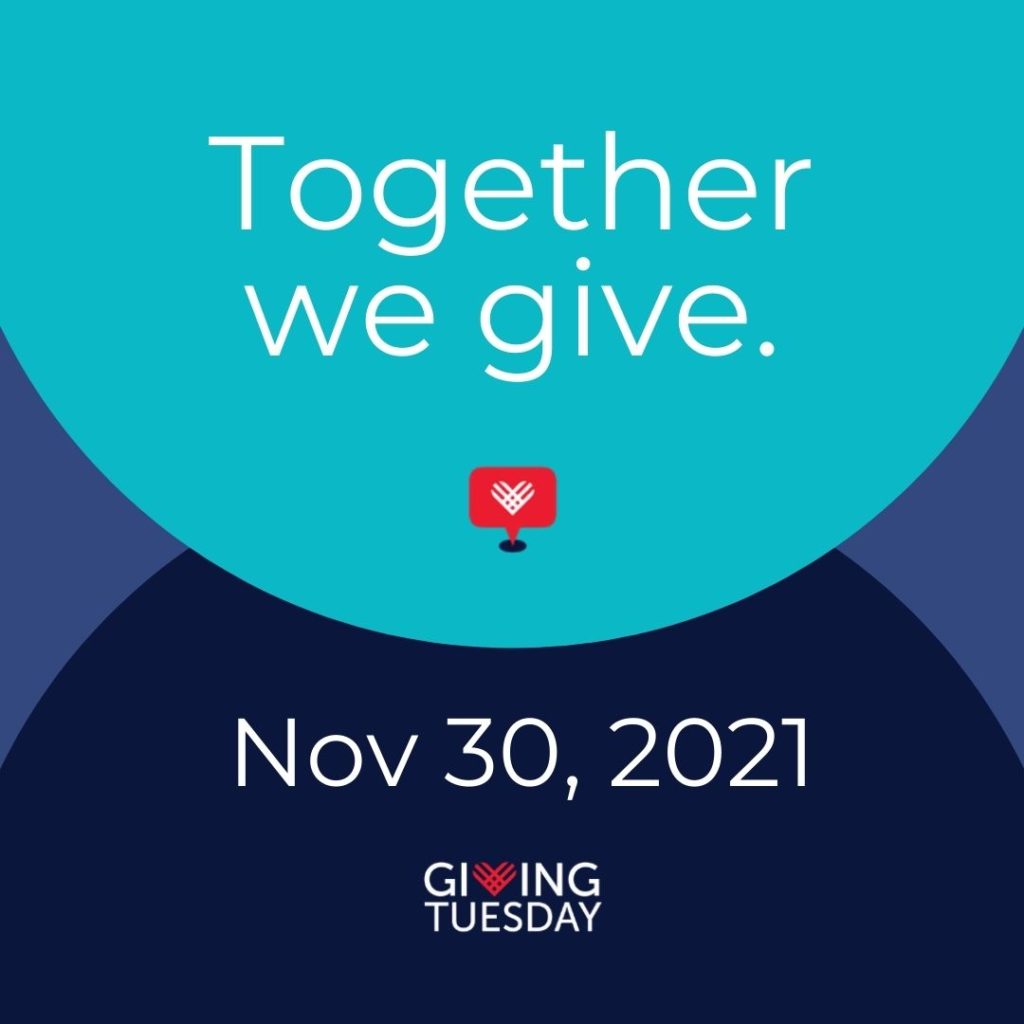Despite the ever-looming COVID cloud, the Center for Public Representation in 2021 renewed its commitment to equality, choice, and integration for people with disabilities, people of color, older adults, children with mental illness, and people in congregate settings.
With your support over the past 12 months, CPR has:
- launched a racial justice initiative;
- successfully challenged discriminatory crisis standards of care that allowed hospitals nationwide to deprioritize people with disabilities, older adults, and people of color when allocating scarce health resources;
- advanced Supported Decision-Making as a viable alternative for many of the millions of US residents facing or under overbroad or undue guardianship or conservatorship;
- successfully concluded two landmark cases that transformed the children’s mental health system and the brain injury service system in Massachusetts; and
- negotiated a settlement agreement to ensure community integration for people with mental illness stuck in Kansas nursing facilities.
And so much more.
Prompted by discriminatory pandemic protocols and the tragic deaths of George Floyd, Ahmaud Arbery, and Breonna Taylor, CPR created a Racial Equity Initiative to guide our commitment to center racial justice in our system reform work. We have hired two new staff attorneys to help lead CPR’s Racial Equity Initiative. The initiative will identify and pursue cases to address inequities at the intersection of race, coercion, and disability. CPR will conduct listening sessions with community organizations and advocacy programs to identify systemic reform priorities and assess existing cases with a racial equity lens to better address health equity disparities. We are committed to using our decades long expertise in challenging systemic discrimination in Massachusetts and across the country to focus our resources on challenging systemic racism as it impacts the disability community.
In a ruling handed down in June, the federal court lauded CPR’s 20-year role transforming the children’s mental health system in Massachusetts “from the largely vacant child services landscape” to a system that “stands out among states in the efficacy of its programs of assistance to children with emotional needs.” CPR brought the Rosie D. case in 2001, seeking home-based services so children with emotional challenges could remain at home, in school, in their communities, and avoid institutionalization. The court issued its landmark decision in 2006 and entered a remedial order in 2007. Over the next 14 years, CPR worked with the Court, the Monitor, and state officials to implement a new system of home-based services that is being copied by several other states. Even though the case is now terminated, there is great urgency to preserve the integrity of the judgment, since so many children have suffered trauma due to the pandemic and now are hospitalized, awaiting services.
In September, the federal court praised CPR for initiating the Hutchinson class action lawsuit that, since 2008, has dramatically expanded outreach, transition planning, and home and community-based services for Massachusetts residents with Acquired Brain Injuries who were languishing in facilities without rehabilitative treatment. “It is an honor to be associated with such an important and collaborative effort that has benefitted so many people,” the judge said at the final hearing. So far, 1187 individuals with ABI have transitioned to the community. Again, going forward, we must be vigilant to ensure the availability and accessibility of home and community-services here in Massachusetts and elsewhere.
CPR also needs your support in our ongoing efforts to promote Supported Decision-Making (SDM), an alternative to guardianship and conservatorship that allows people to retain their legal rights while getting decision-making support from those they choose and trust. Britney Spears elevated the conversation about guardianship abuse, but this celebrity is not alone: hundreds of thousands of people in the US are denied their right to determine their own path in life. Thus, CPR, at the end of July, as part of a national SDM technical assistance center, co-led a national coalition of disability justice advocates seeking reforms to advance SDM over guardianship, and we continue to lead the State Team Community of Practice for the Center for Youth Voice/Youth Choice, a national resource center that seeks to dismantle the school-to-guardianship pipeline for youth with intellectual and developmental disabilities.
Despite COVID, legislative delays, and political unrest, CPR staff are preparing several new systemic initiatives in 2022. We field more and more calls every day from people with disabilities, people who are disenfranchised, people who are devalued.
November 30th is a day of giving. Please help us achieve our vision and continue our work. Join us in our efforts so that, together, we can make a difference and offer hope to those that need it most.
